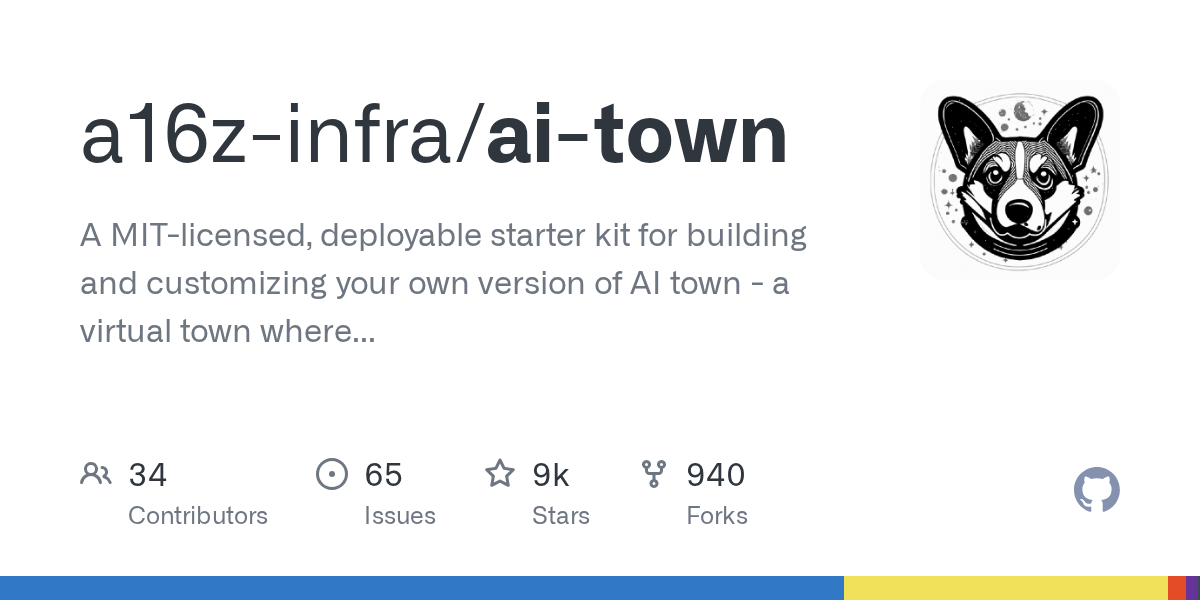how to manage larger convex codebase
I tried to split the functions by table like
but it's not ideal, now that I have 27 tables.
I have checked out (https://github.com/a16z-infra/ai-town/blob/main/convex/schema.ts) which is a good reference point. are there more good references which showcases how to structure larger Convex codebase?

